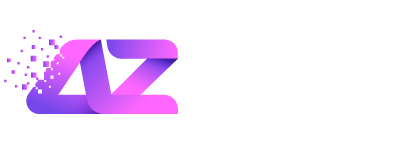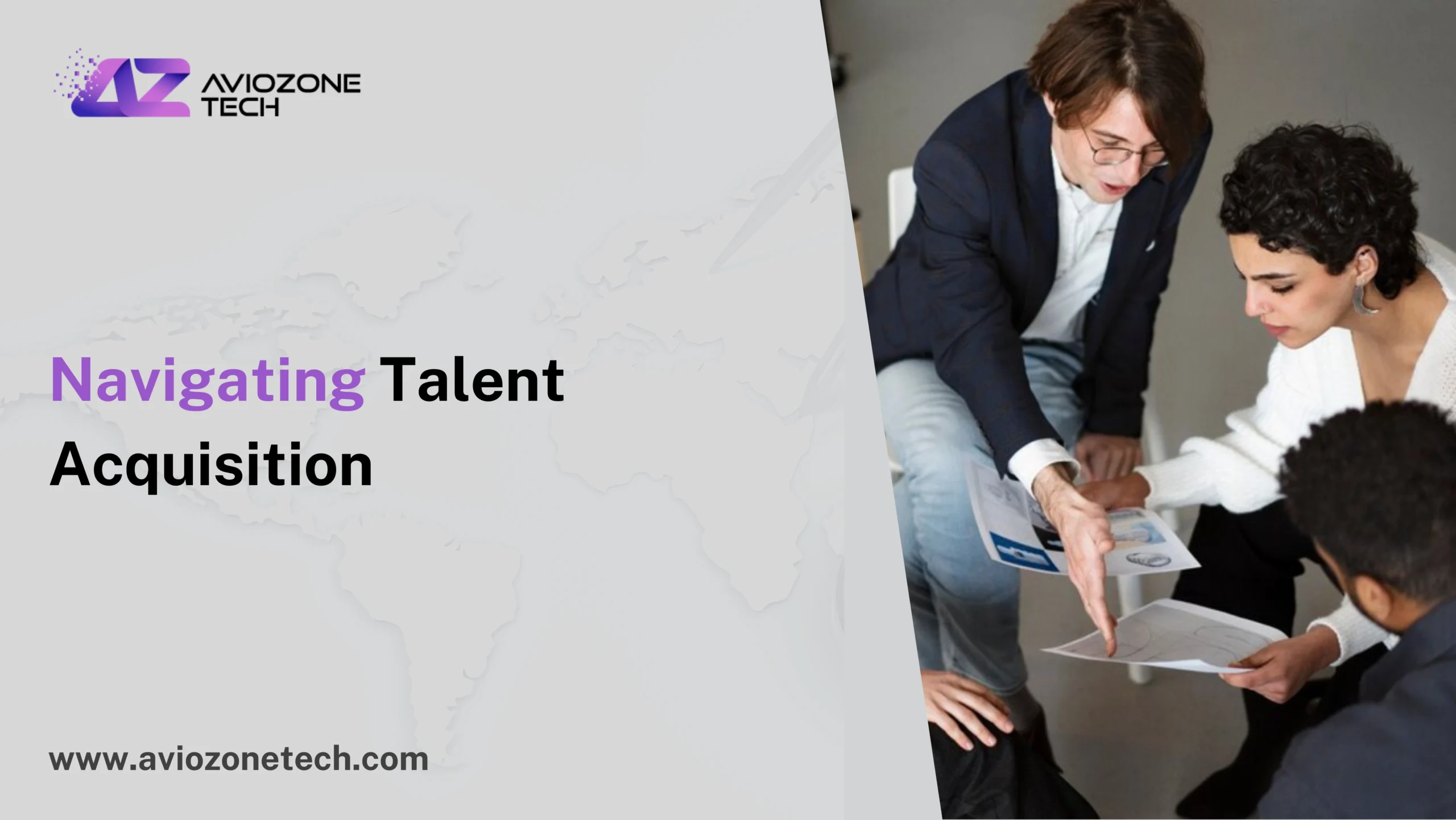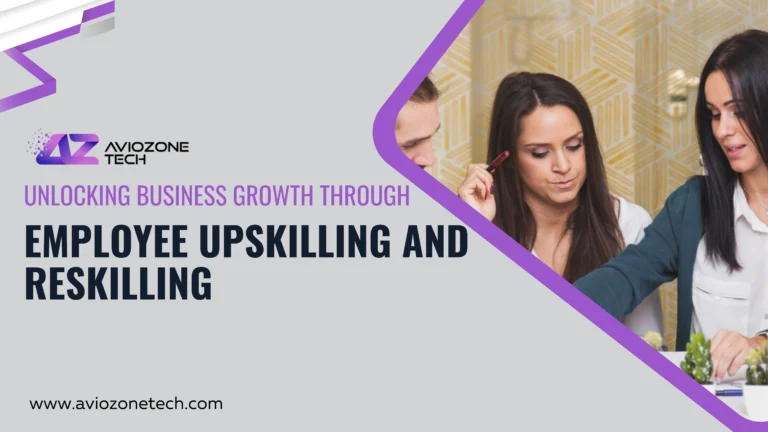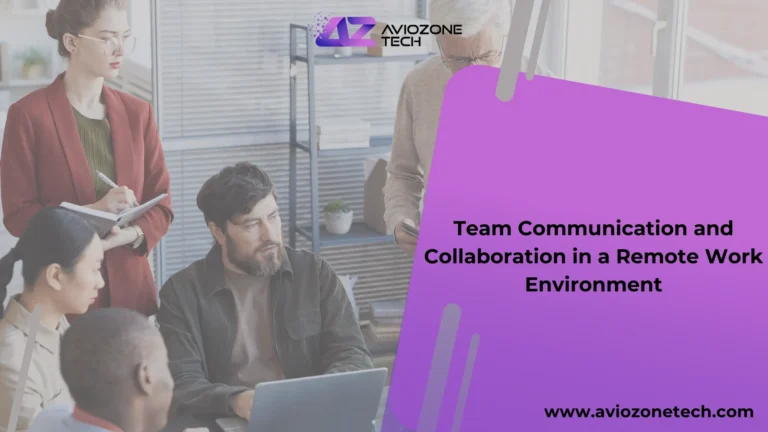Navigating Talent Acquisition: 10 Key Trends for Attracting and Retaining Top Talent
In the fast-paced world of talent acquisition, staying ahead of trends is key to attracting and retaining top talent. As companies strive to build strong teams, several key trends are shaping the landscape, driving innovation and changing traditional recruitment methods. Here an in-depth look at the current trends redefining talent acquisition.
Talent Acquisition in the Modern Workplace
Talent acquisition has transformed significantly over the past decade. With advancements in technology, changing workforce demographics and globalization, HR professionals must adapt and innovate to keep up with these changes.
Importance of Attracting and Retaining Top Talent
The success of any organization largely depends on its ability to attract and retain top talent. Skilled employees drive innovation, productivity and growth, making them invaluable assets. Failing to address talent acquisition challenges can result in high turnover rates and decreased organizational performance.
How To Attract And Retain Top Talent?
To attract and retain top talent, companies must prioritize creating an appealing workplace culture with opportunities for growth and development. This involves offering competitive compensation packages, promoting work-life balance, fostering a positive environment, providing feedback and recognition and embracing diversity and inclusion.
By focusing on these aspects, organizations can attract skilled individuals and keep them engaged and motivated, ultimately leading to higher employee retention rates and organizational success.
10 Key Trends for Attracting and Retaining Top Talent
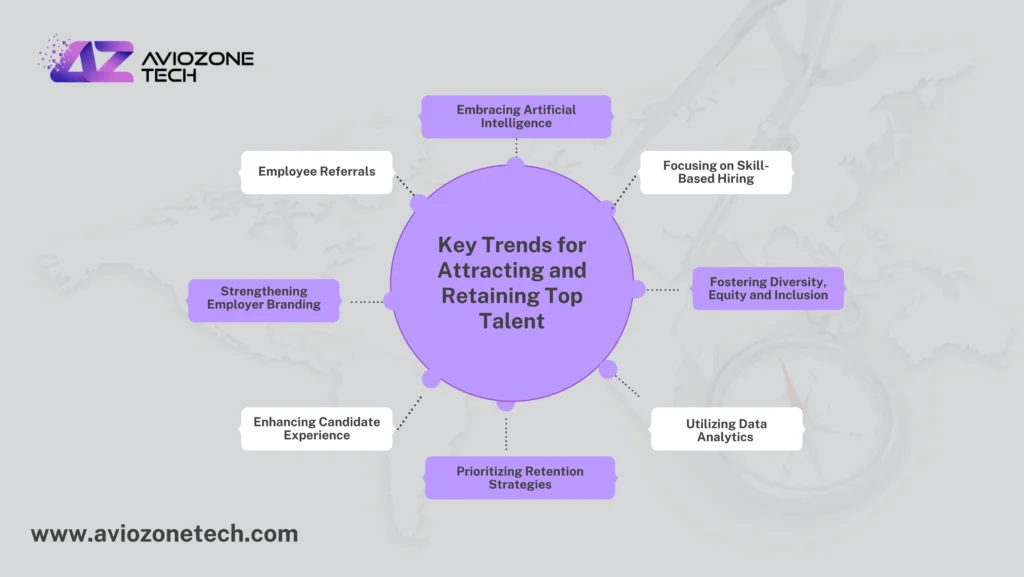
1. Embracing Artificial Intelligence
Artificial intelligence (AI) is transforming recruitment by automating tasks like candidate sourcing, screening, and initial assessments. AI tools can analyze vast amounts of data to identify top candidates, predict job performance and even assess cultural fit. This technology not only speeds up the hiring process but also helps in making more informed and unbiased decisions.
2. Employee Referrals
Employee referral programs have proven to be a goldmine for finding top talent. By incentivizing current employees to refer potential candidates, companies can tap into networks of trusted professionals who are likely to be a good fit. This method often leads to quicker hires, better retention rates and a more cohesive workplace culture.
3. Strengthening Employer Branding
A strong employer brand is essential in a competitive job market. Companies are increasingly focusing on showcasing their values, culture and employee experiences through various channels. A compelling employer brand helps attract high-quality candidates who resonate with the company mission and values, leading to better alignment and job satisfaction.
4. Enhancing Candidate Experience
The candidate experience has become a focal point in recruitment. Ensuring a smooth, respectful and engaging process from application to onboarding can significantly impact a company reputation. Companies that prioritize candidate experience are more likely to attract and retain top talent, as positive experiences are often shared and can enhance the employer brand.
5. Prioritizing Retention Strategies
Retention of top talent is now as crucial as recruitment. Companies are developing comprehensive retention strategies, including offering competitive benefits, career development opportunities and fostering a positive work environment.
By focusing on keeping their best employees, organizations can maintain stability and continuity, which are vital for long-term success.
6. Utilizing Data Analytics
Data analytics plays a vital role in modern recruitment and retention strategies. By analyzing trends and patterns, companies can identify potential turnover risks and address them proactively. Data-driven insights help in understanding employee behaviors, preferences, and areas of dissatisfaction, enabling targeted interventions to improve retention.
7. Fostering Diversity, Equity and Inclusion
Diversity, equity and inclusion (DEI) initiatives are more than just ethical imperatives. They are strategic advantages. Diverse teams bring varied perspectives and ideas, driving innovation and better decision-making.
Companies are actively implementing DEI strategies to create a more inclusive workplace, which in turn attracts a broader range of talent.
8. Focusing on Skill-Based Hiring
With the rapid pace of technological change, there is a growing emphasis on skill-based hiring over traditional qualifications. Companies are prioritizing specific skills and competencies that are directly relevant to job performance.
This approach includes upskilling and reskilling current employees to meet evolving business needs, ensuring that the workforce remains adaptable and future-ready.
9. Implementing Automation and Chatbots
Automation and chatbots are revolutionizing recruitment by handling repetitive tasks such as answering FAQs, scheduling interviews and providing updates. These tools improve efficiency and allow recruiters to focus on more strategic activities.
Additionally, chatbots can provide a consistent and responsive candidate experience, enhancing overall satisfaction.
10. Adopting Continuous Feedback Mechanisms
The shift from annual performance reviews to continuous feedback models is gaining momentum. Regular check-ins and real-time feedback help in monitoring employee performance, identifying areas for improvement and recognizing achievements promptly. This approach fosters a culture of continuous improvement and engagement, which is essential for retaining top talent.
Conclusion
Talent acquisition is evolving to encompass not just recruitment but also retention. By adopting innovative strategies such as AI, employee referrals, strong employer branding and continuous feedback, companies can create a supportive and dynamic workplace.
Emphasizing diversity, skill-based hiring and data analytics further enhances the ability to attract and retain top talent. In this rapidly changing landscape, forward-thinking organizations that adapt to these trends will thrive.
AvioZoneTech offers expert HR consultancy services designed to optimize talent acquisition and retention strategies. With innovative solutions and personalized guidance, we empower businesses to build exceptional teams and drive sustainable growth.
FAQs
A: AI automates various recruitment tasks such as candidate sourcing, screening and assessments, making the hiring process more efficient and data-driven.
A: Employee referrals often lead to quicker hires, better cultural fit and higher retention rates, as current employees refer trusted professionals from their networks.
A: A strong employer brand attracts high-quality candidates by showcasing the company values, culture and employee experiences, leading to better alignment and job satisfaction.
A: Data analytics provides insights into employee behaviors and turnover risks, enabling companies to make informed decisions and implement targeted retention strategies.
A: DEI initiatives create a more inclusive workplace, attracting a broader range of talent and driving innovation through diverse perspectives.
A: Build a supportive culture and offer competitive benefits to attract and keep top talent.


